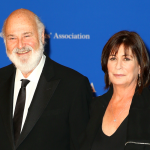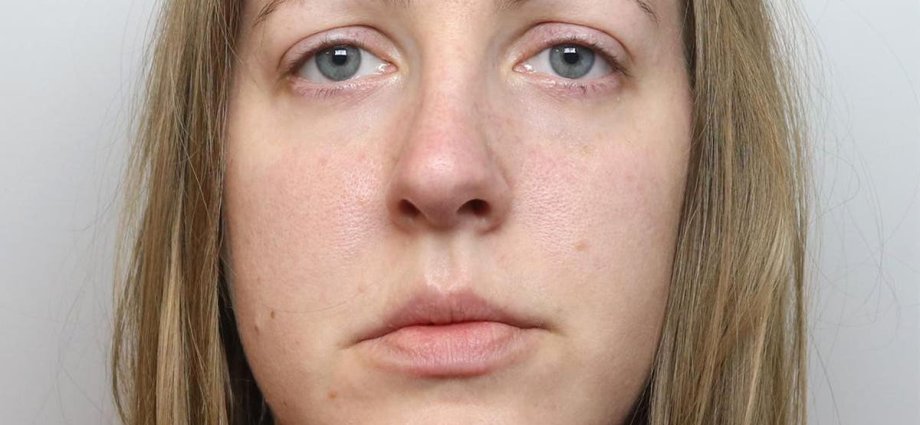Babies’ breathing tubes were dislodged at a significantly higher rate while Lucy Letby was working as a trainee nurse at a hospital in Liverpool, an inquiry heard on Thursday.
An audit of incidents at Liverpool Women’s Hospital showed that babies had their breathing tubes dislodged on 40 per cent of Letby’s shifts. Usually this incident would only occur on one per cent of nurse shifts.
Letby worked as a trainee nurse at the hospital in Liverpool and completed two placements in 2012 and then in 2015, before she went on her killing spree at the Countess of Chester Hospital.
Earlier this year, a jury found Letby guilty at retrial of attempting to murder Child K, a baby girl, by deliberately dislodging her breathing tube in February 2016.
Speaking on the third day of the Thirlwall inquiry, barristers Peter Skelton KC and Richard Baker KC spoke on behalf of the families of Letby’s victims and criticised those supporting “conspiracy theories” over Letby’s innocence.
“Everybody who recklessly promotes conspiracy theories or who parrots without questioning the same tired misconceptions about this case should be ashamed of themselves,” Mr Baker said.
During his opening statement, Mr Baker revealed the audit over incidents at Liverpool Women’s Hospital where Letby did placements between October and December 2012 and January to February 2015.
Later in 2015, Letby committed five murders and attempted to kill three other babies.
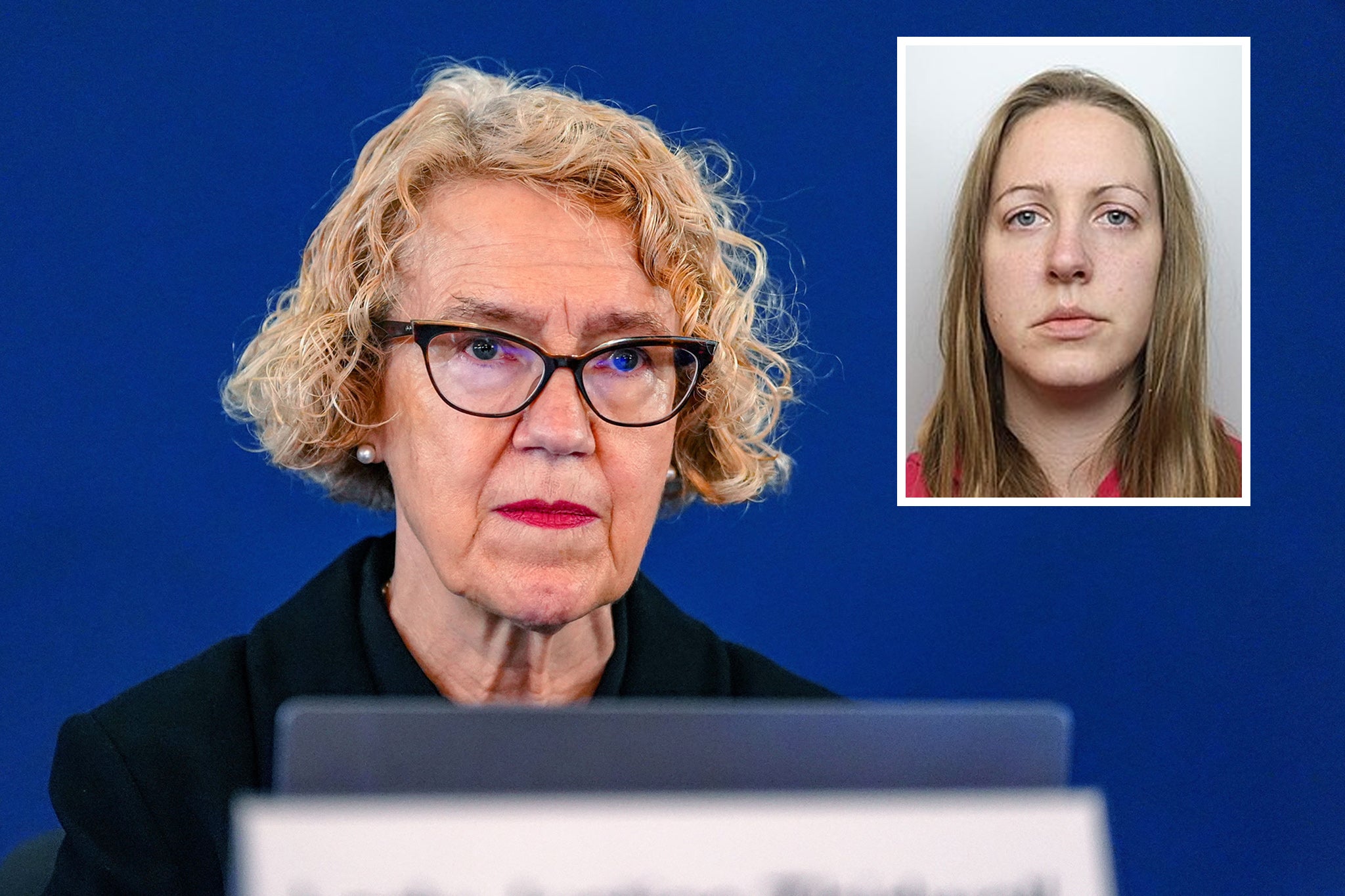
Mr Baker also accused medical director Ian Harvey, of lying to families over the outcomes of investigations into the deaths of their babies.
Mr Harvey later wrote a letter to mother and father C and to other families on 3 March 2017 stating that the Royal College report had indicated “a small number of areas of investigation”.
However, days earlier on 1 May 2017 chief executive Tony Chambers received a letter from consultants on the unit expressing their concerns that unexpected collapses had not yet been adequately investigated.
Mr Baker said: “It is implausible that Mr Harvey was unaware of the strength of feeling amongst the consultants in the unit at this stage, or that he did not recognise the limits to the investigation undertaken; his letter to the parents was therefore, at best, a serious distortion of the truth, but worse, an outright lie.”
Mr Skelton also criticised those questioning her innocence having not sat through the trial.
He said: “There are strongly held and articulated questions in some quarters that she may be the unlucky victim of a miscarriage of justice… those raising those questions would not have been present at Lucy Leby’s trials and so, unlike the juries that convicted her, they are not in a position to weigh up the evidence and reach an informed view.
“They are not, for example, aware that Lucy Letby was not convicted on the basis of questionable statistics but the factual and expert medical evidence demonstrated beyond reasonable doubt that she had harmed the children at the hospital.”
Failures by the Countess of Chester Hospital’s chief nurse Alison Kelly to warn the Nursing and Midwifery Council of the seriousness of concerns about Letby were also uncovered.
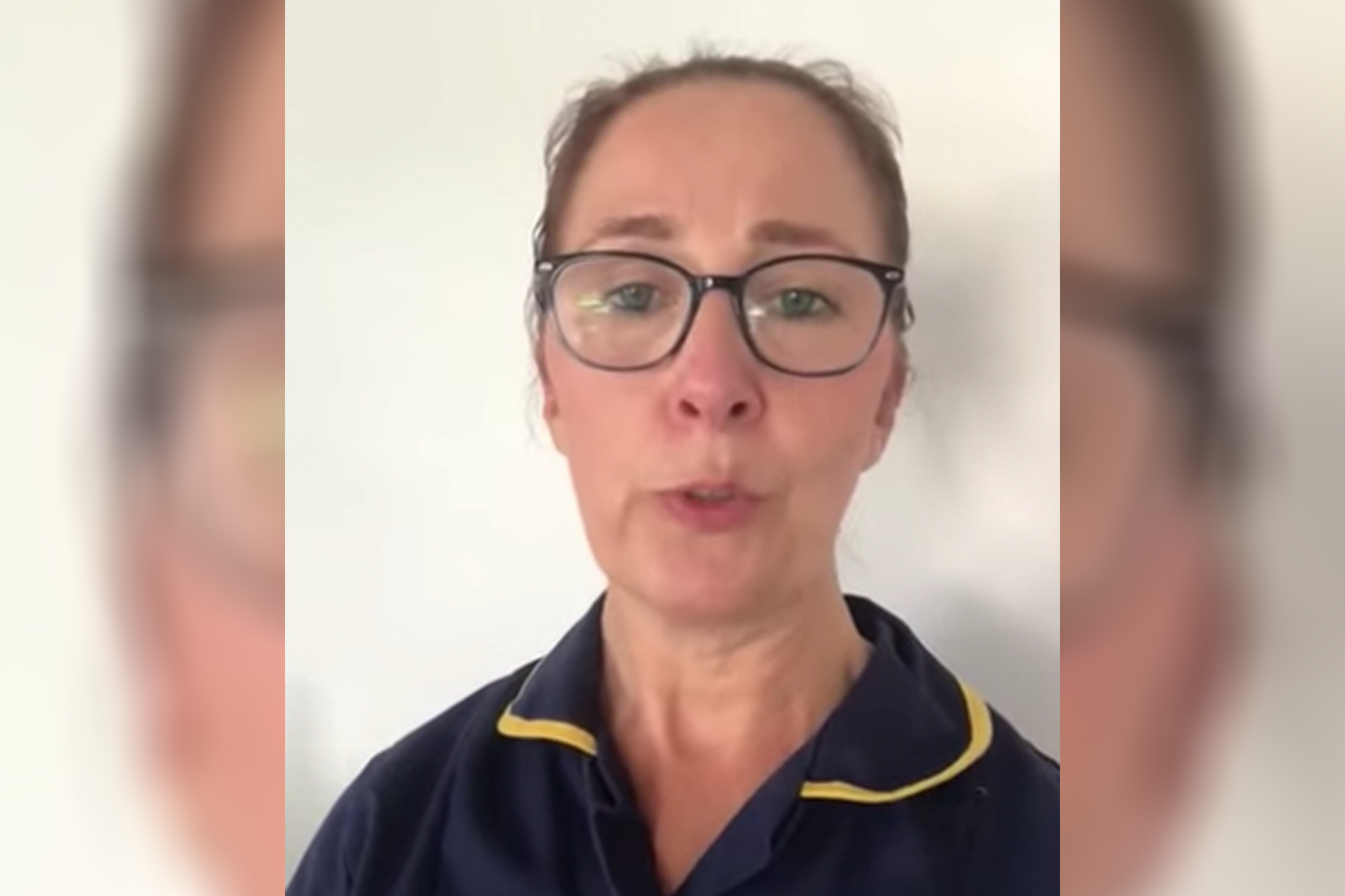
The Nursing and Midwifery Council’s barrister Samantha Jones said initially in July 2016 chief nurse Alison Kelly told the NMC “there was not sufficient evidence to initiate a referral” of Letby.
Ms Jones said: “Alison Kelly first told the NMC of the concerns regarding a rise in neonatal mortality rates and concerns that Lucy Letby may present a serious risk to public safety, we were told that there was no evidence available at that time to support those concerns.”
However, she also said the NMC had failed to put in an interim order sanction against Letby after her arrest.
Ms Jones said: “We have seriously reflected on the decision not to apply for an interim order until Lucy Letby was charged, and have determined that our guidance in place at the time was not sufficiently clear to allow us to act on an extraordinary case such as this one in which a serious police investigation was underway in relation to potentially multiple instances of murder.
“We accept that it was not right for the NMC to wait to apply for an interim order until Lucy Letby was charged, and we considered that in this case, the fact of the arrest could have been sufficient to justify an interim order application, given the serious nature of the concerns and the absolute importance of maintaining public safety and also public confidence in the profession.”
Alison Kelly is currently facing a fitness to practice investigation.
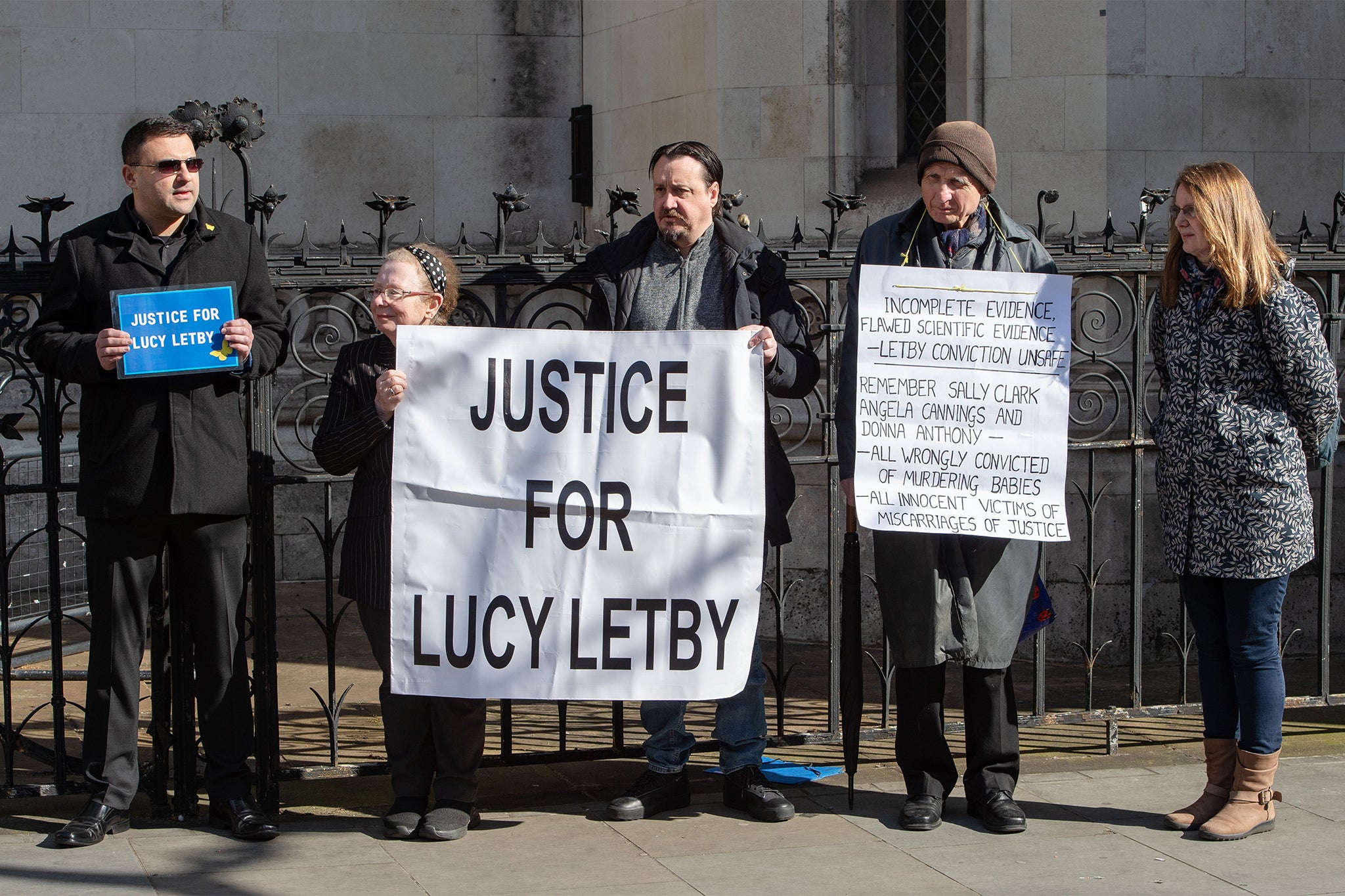
In its opening statement, the Royal College of Paediatrics and Child Health, which was responsible for a key report used by managers to exonorate Letby, addressed mistakes it had made at the time.
On Wednesday, the inquiry was told that there were two versions of the review report, a confidential one that referenced allegations against Letby and one that the families received which had these removed.
The RCPCG apologised for not sharing the unredacted report with paediatricians and said it should have recommended police and other regulators were called.
The inquiry is due to continue on Friday with opening statements from NHS England and the Care Quality Commission.





